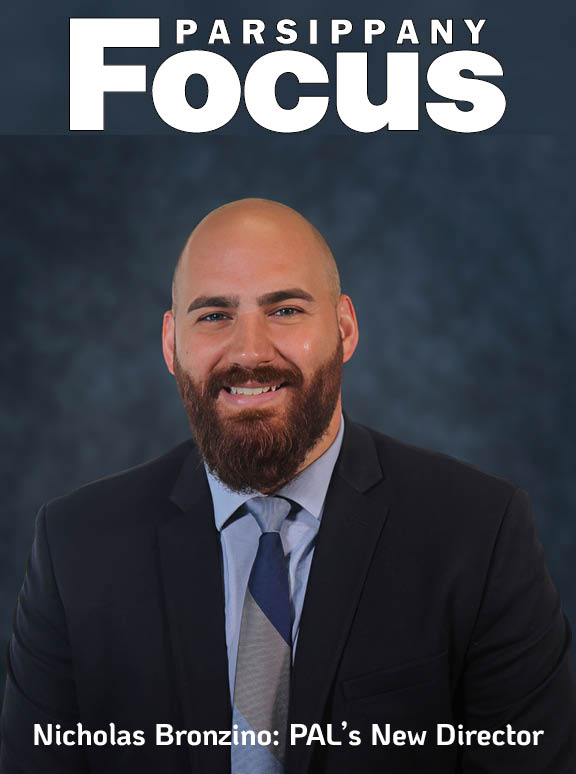PARSIPPANY — Assemblywoman BettyLou DeCroce (R-26) is introducing legislation to help the Lake Hopatcong and Greenwood Lake communities deal with harmful algal blooms (HABs) that prompted state environmental authorities to issue an advisory against swimming during the height of this summer tourist season, devastating local businesses.
The state’s annual funding for maintenance of Lake Hopatcong, stagnant at $500,000 for the past several years, will be increased to $4 million annually under one of the proposed bills submitted to the Office of Legislative Services this week by Assemblywoman DeCroce.
“The state has annually shirked its responsibility to maintain both state-owned lakes for decades. Now we have a health risk posed by unprecedented algal blooms and swimming advisories that are destroying the local economies around both lakes. It’s time for the state to step up,” said Assemblywoman DeCroce.
Engineering consultants who spoke at a special meeting of the Lake Hopatcong Commission last Monday reported that a minimum of $4 million annually is needed to maintain Lake Hopatcong and specifically deal with the stormwater run-off, failing septic systems and other pollution problems creating the HABs.
Because failing septic systems are a major concern, Assemblywoman DeCroce proposed additional legislation urging the state to install sewers to service homes and businesses in Jefferson Township and Hopatcong that abut Lake Hopatcong. She noted that the state had provided sewers for businesses and residents around the Mount Arlington and Roxbury sections of the lake during the 1990s.
“In the alternative, should the state be unable to take on the sewering project, my bill will require the state to subsidize the cost of homeowners and businesses to more frequently pump out the effluent in their septic systems to better prevent pollutants from entering Lake Hopatcong,” said Assemblywoman DeCroce.
The pollution, specifically nutrients such as phosphorus and nitrogen, enter lakes when storm waters flush across roadways, lawns and developed properties. Because Lake Hopatcong and Greenwood Lake are shallow, and due to the heavy rains and high temperature this summer, conditions have been optimum for the growth of HABs containing harmful levels of cyanobacteria and related cyanotoxins.
Officials with the state Department for Environmental Protection (DEP) and members of the Lake Hopatcong Commission said the outbreaks throughout Lake Hopatcong this year are the largest in state history and mark the first time the entire lake has been impacted.
The DEP issued an advisory against swimming in Greenwood Lake after finding HABs earlier this month in coves around West Milford. But the lake spans both New Jersey and New York, where no such advisory is in place and where environmental rules allow for higher levels of cyanobacteria before swimming restrictions are triggered.
Assemblywoman DeCroce additionally introduced a new measure this week for a Legislative resolution requiring both states to work jointly and share the expense of developing a remedy to the problems causing HABs at Greenwood Lake.
“The New York side of Greenwood Lake is deeper, which means the HABs do not build up as quickly as they do on the New Jersey side, which is very shallow. But it’s the same lake, the same water and it is important to merchants and residents on both sides of the border to fix the problem, regardless of the different standards for restricting swimming,” said Assemblywoman DeCroce.
The Assemblywoman had introduced legislation urging state action at both Greenwood Lake and Lake Hopatcong months before the HABs developed. In February, she introduced A-5078, to require annual appropriations of $4 million through Fiscal Year 2034 for tourism promotion and development activities at both lakes. Action by the Legislature is still pending on that bill.
“For decades, the state has reneged on promised annual appropriations at both lakes, yet earlier this year the Legislature gave Wildwood $4 million for tourism promotion. It’s time for the state to accept its obligation to the lakes and the communities whose livelihoods depend on them,” said Assemblywoman DeCroce.














